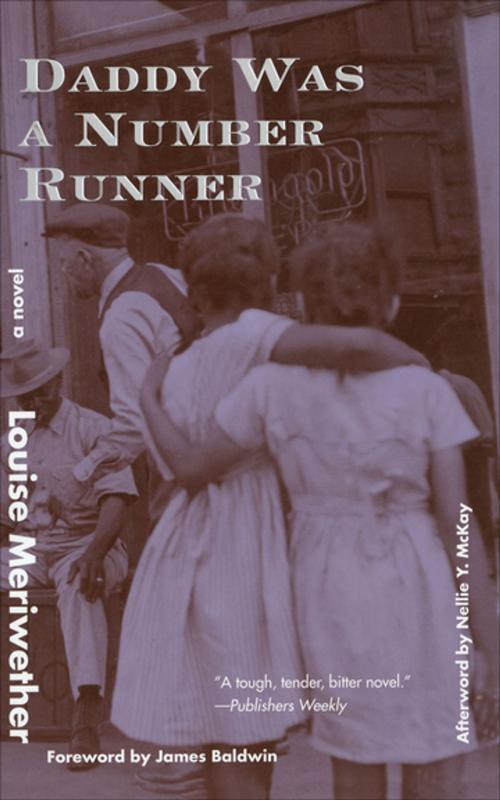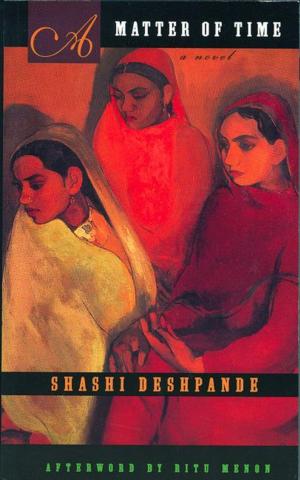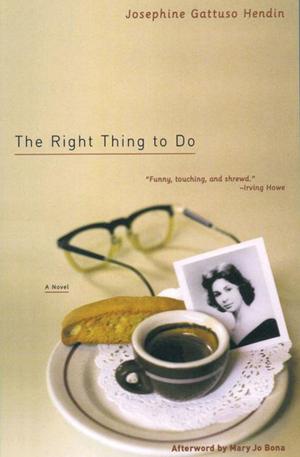| Author: | Louise Meriwether, Nellie Y. McKay | ISBN: | 9781558617087 |
| Publisher: | The Feminist Press at CUNY | Publication: | December 1, 2002 |
| Imprint: | The Feminist Press at CUNY | Language: | English |
| Author: | Louise Meriwether, Nellie Y. McKay |
| ISBN: | 9781558617087 |
| Publisher: | The Feminist Press at CUNY |
| Publication: | December 1, 2002 |
| Imprint: | The Feminist Press at CUNY |
| Language: | English |
This modern classic is “a tough, tender, bitter novel of a black girl struggling towards womanhood” in 1930s Harlem—with a forward by James Baldwin (Publishers Weekly).
Depression-era Harlem is home for twelve-year-old Francie Coffin and her family, and it’s both a place of refuge and the source of untold dangers for her and her poor, working class family. The beloved “daddy” of the title indeed becomes a number runner when he is unable to find legal work, and while one of Francie’s brothers dreams of becoming a chemist, the other is already in a gang. Francie is a dreamer, too, but there are risks in everything from going to the movies to walking down the block, and her pragmatism eventually outweighs her hope; “We was all poor and black and apt to stay that way, and that was that.”
First published in 1970, Daddy Was a Number Runner is one of the seminal novels of the black experience in America. The New York Times Book Review proclaimed it “a most important novel.”
This modern classic is “a tough, tender, bitter novel of a black girl struggling towards womanhood” in 1930s Harlem—with a forward by James Baldwin (Publishers Weekly).
Depression-era Harlem is home for twelve-year-old Francie Coffin and her family, and it’s both a place of refuge and the source of untold dangers for her and her poor, working class family. The beloved “daddy” of the title indeed becomes a number runner when he is unable to find legal work, and while one of Francie’s brothers dreams of becoming a chemist, the other is already in a gang. Francie is a dreamer, too, but there are risks in everything from going to the movies to walking down the block, and her pragmatism eventually outweighs her hope; “We was all poor and black and apt to stay that way, and that was that.”
First published in 1970, Daddy Was a Number Runner is one of the seminal novels of the black experience in America. The New York Times Book Review proclaimed it “a most important novel.”















